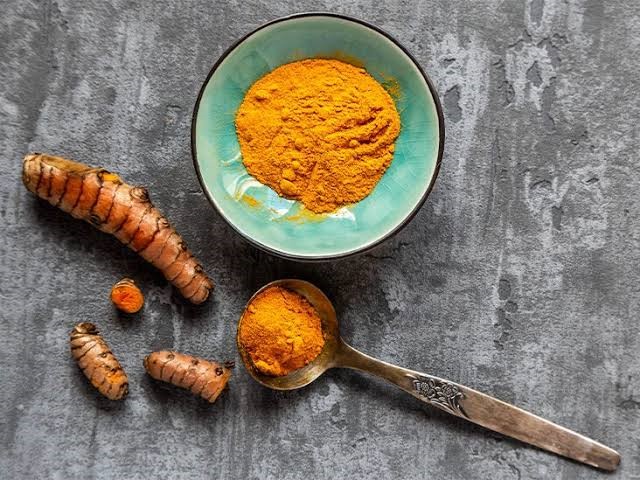Description

Disclaimer: Copyright infringement not intended.
Context: Australia's regulator of medicines, medical devices and biologicals, issued a medical advisory last week warning Australians of the risk of liver injury from using medicines and herbal supplements containing turmeric or its active ingredient, curcumin.
Findings on the health effects of turmeric
- 18 reports of liver problems experienced by consumers taking products containing Curcuma longa (turmeric) and/or curcumin were received.
- The evidence suggests that a liver injury may have been caused by Curcuma longa or a curcumin product.
- Two of these cases were severe, including one that resulted in death.
- In four cases, there were no other ingredients likely to have contributed to the liver injury.
- People with existing or previous liver problems were more likely to develop this rare adverse event.
What are other Health impacts?
- The reports underline that turmeric has "choleretic" properties, which means it stimulates the secretion of bile to improve digestion, and therefore, it is advisable that those with bile duct disease should avoid turmeric.
- Curcumin could also interact with medications such as anticoagulants, cancer drugs and immunosuppressants, reducing their safety and effectiveness.
Is Australia the only country to warn about turmeric supplements?
- There are reports of 20 hepatitis cases in France, potentially related to the consumption of food supplements containing turmeric or curcumin.
Issue of bioavailability and efforts to increase the bioavailability
- One of the challenges of turmeric and by extension curcumin is that very little of it is absorbed, or made 'bioavailable'.
- One of the challenges of turmeric and by extension curcumin is that very little of it is absorbed, or made 'bioavailable'.
- The use of piperine, the major active component of black pepper, may improve bioavailability by 2000%.
- There is no conclusive evidence of whether increasing the bioavailability of curcumin and packaging them in supplements makes them effective and safe for use in medicines.
A 'safe limit' on the amount of turmeric that can be consumed
- The European Food Safety Authority has set an acceptable daily intake of 180 mg of curcumin per day for a 60 kg adult as the safe level of consumption.
- A World Health Organization/Food and Agricultural Organisation advisory recommends 3 mg/kg of body weight.
- India's Food Safety and Standards Authority of India has standards that packaged turmeric must comply with but It has not recommended dietary allowance.

What is turmeric?
- Turmeric is a spice that comes from the root of the Curcuma longa plant, which is a perennial in the ginger family.
- Its major active ingredient is curcumin.
- Curcumin gives turmeric that yellowish colour.
Turmeric health benefits
Lessens inflammation
- For chronic conditions where inflammation starts to affect tissues in your body, taking turmeric may be beneficial.
Improves memory
- Clinical trials showed that 90 milligrams of curcumin taken twice a day for 18 months helped improve memory performance in adults without dementia.
- Curcumin may also have a role in preventing the development of Alzheimer’s disease.
Lessens pain
- Research suggests that taking turmeric extract could potentially reduce pain from osteoarthritis, though further study is still needed.
Fights free radicals
- Turmeric has antioxidant properties and one study shows that it may protect your body from free radicals by neutralizing them.
Lowers risk of heart disease
- Research shows that curcumin is safe and may protect those at risk for heart disease by lowering certain levels of cholesterol, though more study is needed to look at how much and what type is effective.
Helps fight depression
- Study shows that curcumin was just as effective as fluoxetine (Prozac) in lessening symptoms of depression. Curcumin may also increase levels of serotonin and dopamine, which are chemicals in our brain that regulate mood and other body functions.
.jpg)
Conclusion
- For decades turmeric was used as an important spice for our good health and well-being. However, the findings by Austrian health agencies suggest the adverse impacts of turmeric on our health. There must be more research on the ingredients of turmeric and its health benefits.
|
PRACTICE QUESTION
Q. Turmeric’s treasure and its health benefits have been known to humanity for many decades, however, recent findings suggest otherwise. Critically analyze in the light of the importance of research on commonly used medicinal products for ensuring their effectiveness and adverse health effects. ( 250 words)
|
https://epaper.thehindu.com/ccidist-ws/th/th_delhi/issues/48423/OPS/G45BL10LE.1.png?cropFromPage=true












